Home>Home Maintenance>What Is The Average Cost Of A Home Inspection
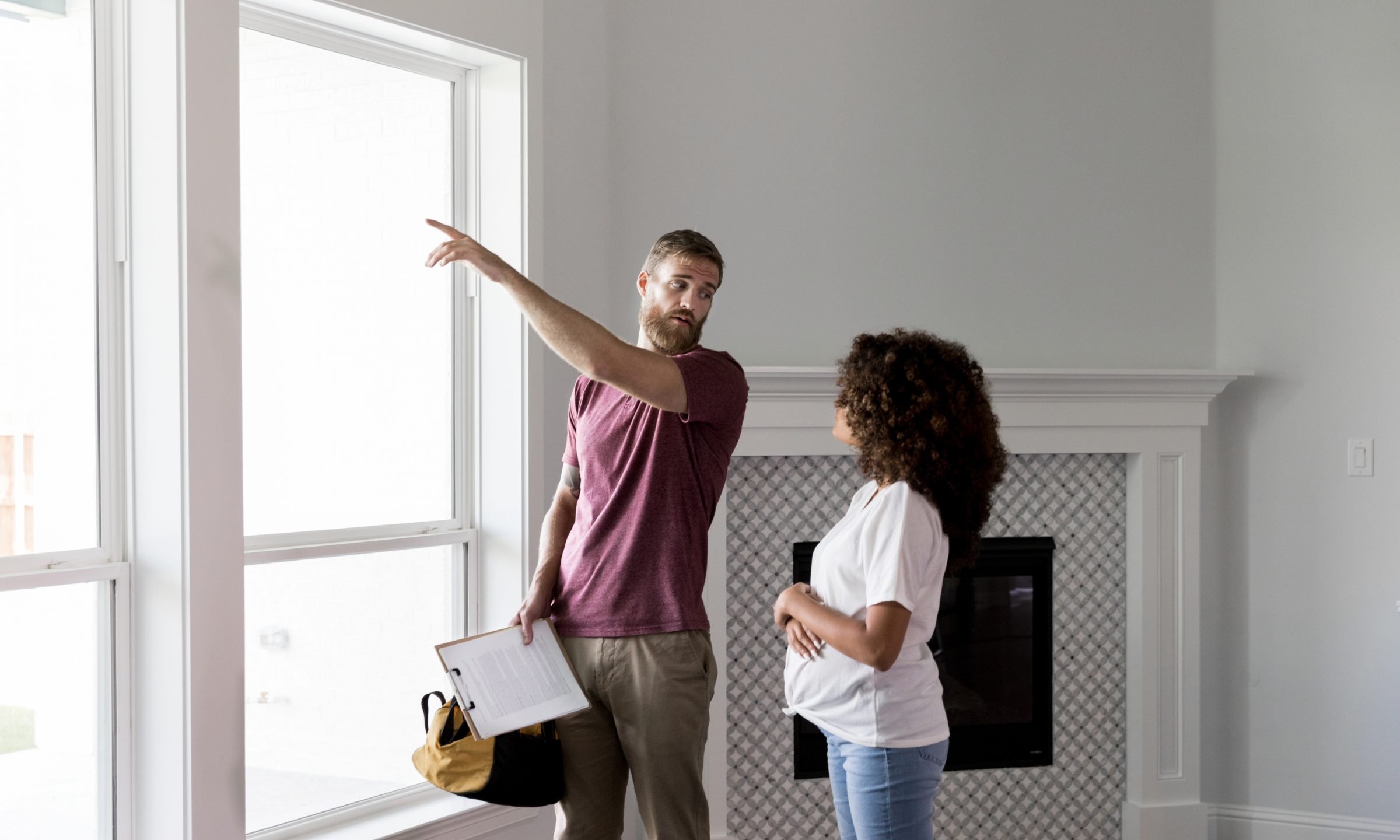

Home Maintenance
What Is The Average Cost Of A Home Inspection
Modified: March 24, 2024
Looking to learn the average cost of a home inspection? Discover everything you need to know about home maintenance expenses and get expert tips.
(Many of the links in this article redirect to a specific reviewed product. Your purchase of these products through affiliate links helps to generate commission for Storables.com, at no extra cost. Learn more)
Introduction
Welcome to the world of home maintenance! Owning a home can be a rewarding experience, but it also comes with responsibilities. One crucial aspect of homeownership is ensuring that your property is well-maintained. One of the key ways to do this is by conducting regular home inspections. In this article, we will explore the average cost of a home inspection and provide insights on factors that can affect these costs. So, whether you are a new homeowner or looking to sell your property, understanding the costs and benefits of home inspections will help you make informed decisions.
A home inspection is a comprehensive assessment of a property’s condition, conducted by a professional inspector. This inspection covers various aspects, including the structural integrity, electrical systems, plumbing, HVAC systems, and more. The purpose of this inspection is to identify any potential issues or areas that need improvement. By doing so, you can address these problems in a timely manner, ensuring the safety and longevity of your home.
Now, let’s delve into the factors that can impact the cost of a home inspection.
Key Takeaways:
- Home inspections cost around $300 to $500 on average, but factors like property size, location, and additional services can affect the price. It’s crucial to prioritize the inspector’s qualifications over cost alone.
- While home inspections involve upfront costs, they provide long-term benefits like identifying issues, negotiation power, safety considerations, and peace of mind for buyers and sellers. It’s a valuable investment in maintaining and protecting your home.
Read more: What Is The Average Cost Of Home Repair?
Factors Affecting Home Inspection Costs
When it comes to home inspection costs, it’s important to understand that several factors can influence the overall price. Here are some key factors to consider:
- Size of the property: The size of your home plays a significant role in determining the cost of a home inspection. Generally, larger properties require more time and effort to inspect thoroughly, which can result in higher inspection fees.
- Age and condition of the property: Older homes or properties in poor condition may require a more detailed inspection, as there may be a higher likelihood of issues or safety concerns. Inspectors may need to allocate additional time for assessing and evaluating these properties, which can impact the overall cost.
- Location: The location of your property can also impact the cost of a home inspection. Inspection prices can vary based on regional differences in labor rates and cost of living. Homes in urban areas or properties located far away from inspection companies may also incur additional travel expenses.
- Additional services: Some home inspections may include additional services such as radon testing, mold inspection, or pest inspection. These supplementary services can increase the overall cost of the inspection.
- Accessibility: The accessibility of certain areas of the property can influence the inspection costs. If specific areas, such as the roof or crawl spaces, are difficult to access, the inspector may need to invest more time and effort, leading to higher fees.
It’s essential to discuss these factors with your chosen inspection company beforehand to get a clear understanding of the costs involved. Remember, while price is an important consideration, it should not be the sole determining factor when selecting a home inspector. The experience, qualifications, and reputation of the inspector are also crucial factors to consider.
Now that we’ve explored the factors that affect home inspection costs, let’s take a look at the average cost of home inspections.
Average Cost of Home Inspections
The average cost of a home inspection can vary depending on various factors, including the size and location of the property, as well as the level of detail required. On average, a basic home inspection can range from $300 to $500. This typically includes an assessment of the main components of the property, such as the foundation, roof, plumbing, electrical systems, and HVAC.
For larger properties or additional services, the cost may increase. Homes with multiple stories, additional structures, or complex features may require more time and expertise, resulting in higher inspection fees. Additional services, such as radon testing or mold inspection, are usually offered at an extra cost.
It’s important to note that while cost is a consideration, it’s not advisable to compromise on the quality of the inspection for the sake of saving money. Opting for a cheaper inspection may lead to overlooking potential issues and costly repairs in the future. It’s worth investing in a reputable and experienced home inspector who will provide a thorough and detailed assessment of your property.
Now that we have discussed the average costs of home inspections, let’s explore other potential expenses that homeowners may need to consider.
Additional Costs to Consider
While the cost of the home inspection itself is an important factor, there are additional costs that homeowners should be aware of. These additional expenses can vary depending on the specific needs and circumstances of the property. Here are some common additional costs to consider:
- Specialized Inspections: In some cases, a standard home inspection may not cover all aspects of the property. Depending on your location and specific concerns, you may need to arrange for specialized inspections such as termite inspections, well and septic inspections, or pool inspections. These additional inspections typically come at an extra cost.
- Repairs and Maintenance: Following the home inspection, there may be a need for repairs or maintenance work to address any identified issues. The cost of repair or maintenance can vary widely depending on the nature and extent of the problems found during the inspection.
- Re-inspection Fees: If significant repairs or improvements were made post-inspection, you may choose to have the property re-inspected to ensure that the necessary work has been completed satisfactorily. Re-inspection fees, if applicable, should be considered in your budget.
- Travel Expenses: In some cases, if the inspection company needs to travel a significant distance to reach your property, there may be additional travel expenses involved. It’s essential to clarify this with the inspection company ahead of time to determine if any additional charges may apply.
By keeping these additional costs in mind, you can plan your budget more effectively and avoid any financial surprises along the way. It’s always a good idea to discuss these factors with your chosen home inspection company and get a clear understanding of the services and associated costs.
Now, let’s explore some ways to save money on home inspections.
When budgeting for a home inspection, consider the size, age, and location of the property. On average, a home inspection can cost between $300 to $500, but prices may vary based on these factors.
Ways to Save Money on Home Inspections
While home inspections are an important investment in the maintenance and safety of your property, there are several ways you can save money on these services. Here are some tips to help you reduce the cost of your home inspection:
- Shop around and compare prices: Take the time to research and gather quotes from different home inspection companies. Compare their services, qualifications, and prices to find the best value for your money. However, keep in mind that the cheapest option is not always the best. Quality and reliability should be prioritized over cost alone.
- Combine services: Some inspection companies offer bundled services at a discounted rate. Consider combining your home inspection with additional services such as radon testing or mold inspection to take advantage of potential cost savings.
- Ask for referrals: Reach out to friends, family, or real estate professionals who have recently undergone a home inspection. They may be able to recommend reliable and affordable inspection services that they have used in the past.
- Consider the timing: Depending on the real estate market and demand for home inspections, prices may vary. If possible, choose a time when there is less demand for inspections to potentially negotiate better rates.
- Focus on the essentials: While additional services may offer peace of mind, consider the necessity of each service based on your specific circumstances. Only invest in the inspections and services that are crucial for your property.
By implementing these strategies, you can save money while still ensuring that your home inspection meets your needs and provides valuable insights into the condition of your property.
Now that we have explored ways to save money on home inspections, let’s discuss the importance of getting a home inspection.
Importance of Getting a Home Inspection
Getting a home inspection is a crucial step in the home buying or selling process. Whether you are a buyer or a seller, here are some key reasons why home inspections are important:
In summary, getting a home inspection is a crucial step in the home buying or selling process. It provides valuable insights, helps in negotiations, and ensures the safety and well-being of your property. Investing in a professional home inspection is a small price to pay for the peace of mind and financial protection it can offer.
Now, let’s wrap up this article.
Conclusion
Home inspections are an essential part of homeownership, providing valuable insights into the condition of a property. While the cost of a home inspection may vary depending on factors such as size, location, and additional services, it is a worthwhile investment. By understanding the average cost of home inspections and considering additional expenses, you can effectively budget for these essential services.
Factors such as the size and condition of the property, location, and the need for specialized inspections can impact the overall cost. However, it is important to prioritize the qualifications and reputation of the inspector over cost alone. A thorough and detailed inspection by an experienced professional will provide invaluable peace of mind and help you make informed decisions about your property.
While home inspections do come with costs, there are ways to save money. By comparing prices, bundling services, seeking referrals, and timing your inspection strategically, you can lower your expenses without compromising on the quality and thoroughness of the inspection.
Getting a home inspection is not just about the price; it is about the long-term benefits and protection it offers. A home inspection helps identify potential issues, provides negotiation power, ensures safety considerations, and offers peace of mind for both buyers and sellers. Investing in a professional inspection can save you from future costly repairs and maintenance, making it a wise decision for homeowners.
In conclusion, prioritize the importance of home inspections and budget accordingly. By understanding the factors affecting costs, saving money where possible, and recognizing the value of a thorough inspection, you can maintain and safeguard your home for years to come.
Frequently Asked Questions about What Is The Average Cost Of A Home Inspection
Was this page helpful?
At Storables.com, we guarantee accurate and reliable information. Our content, validated by Expert Board Contributors, is crafted following stringent Editorial Policies. We're committed to providing you with well-researched, expert-backed insights for all your informational needs.
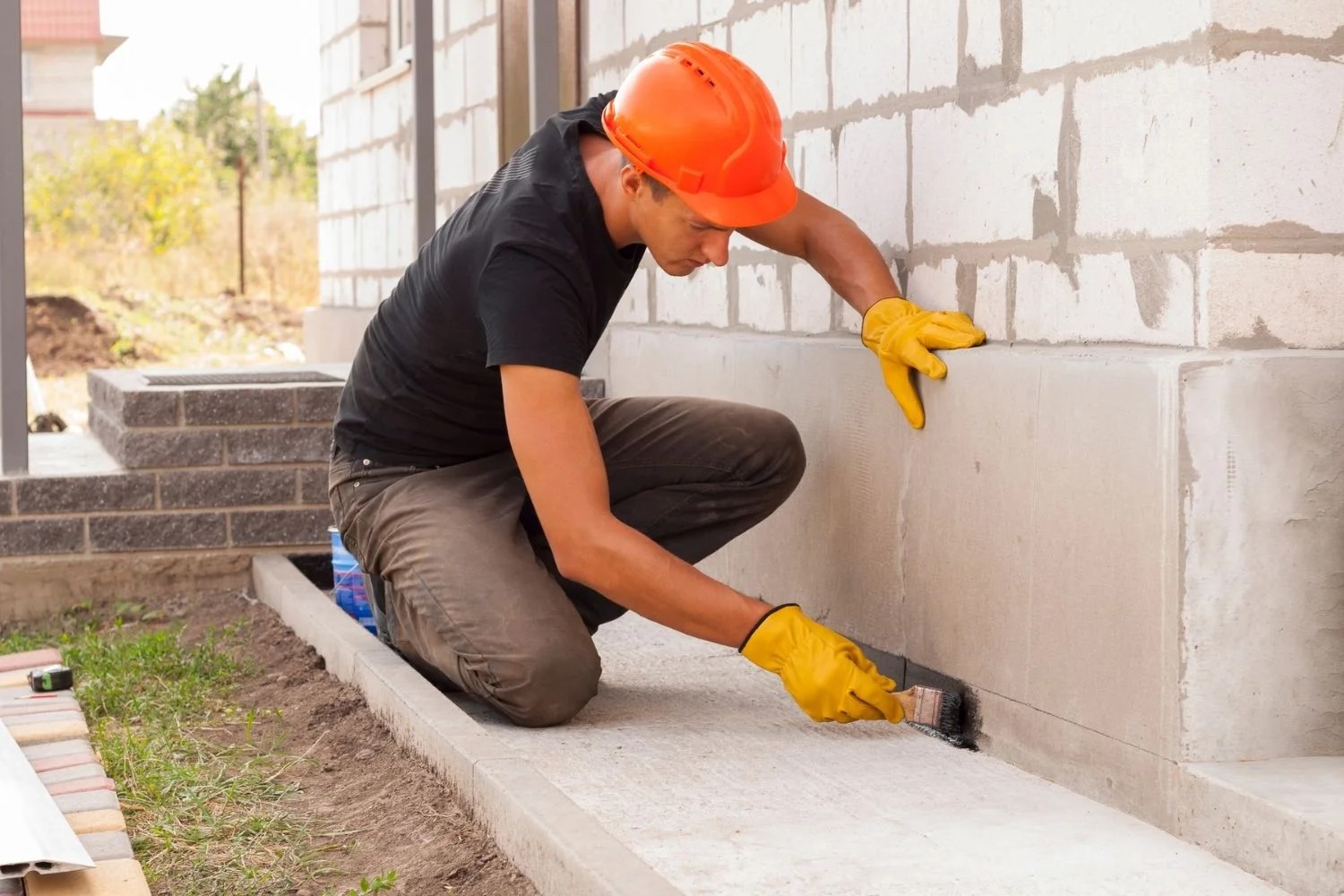

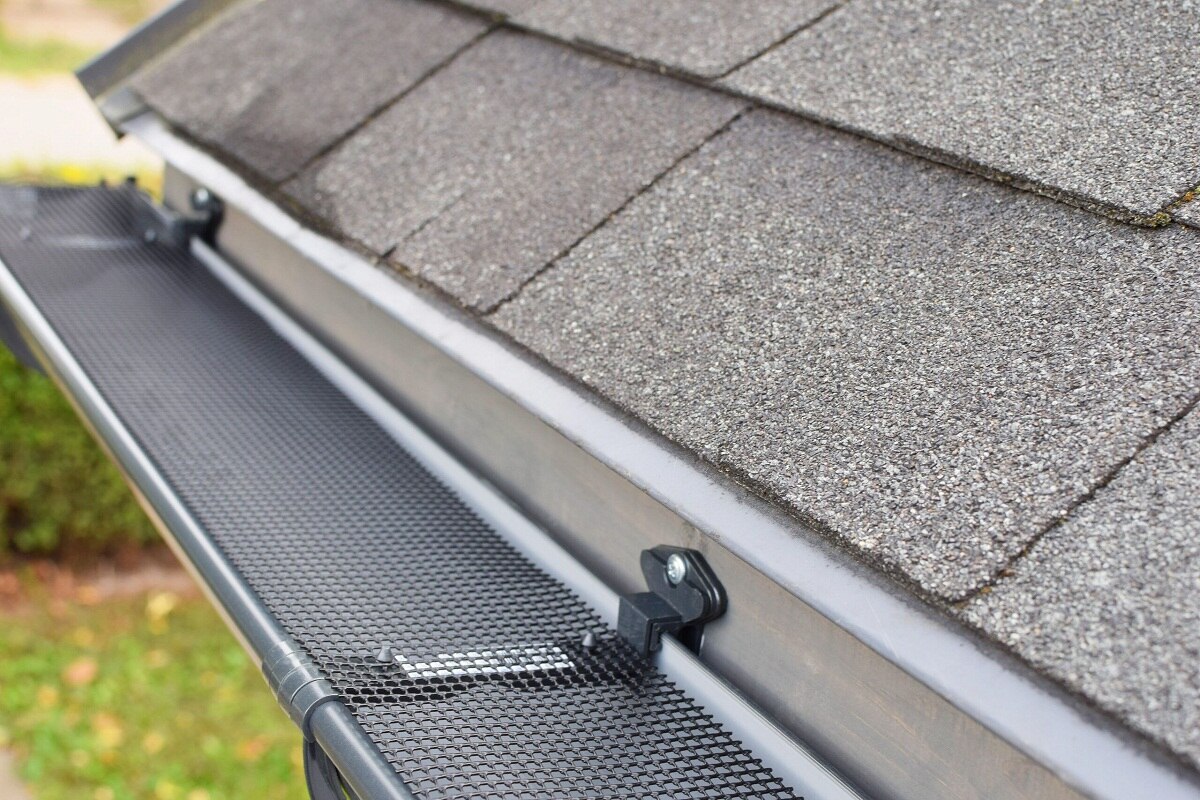
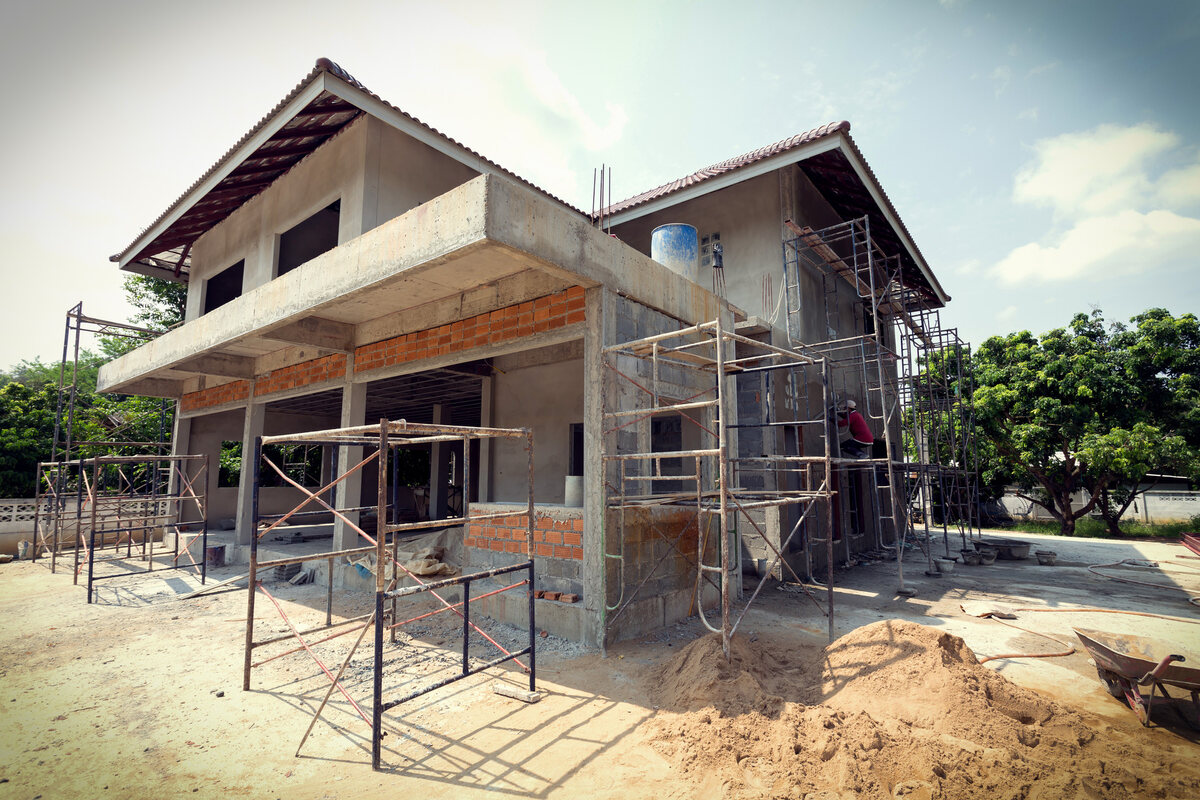
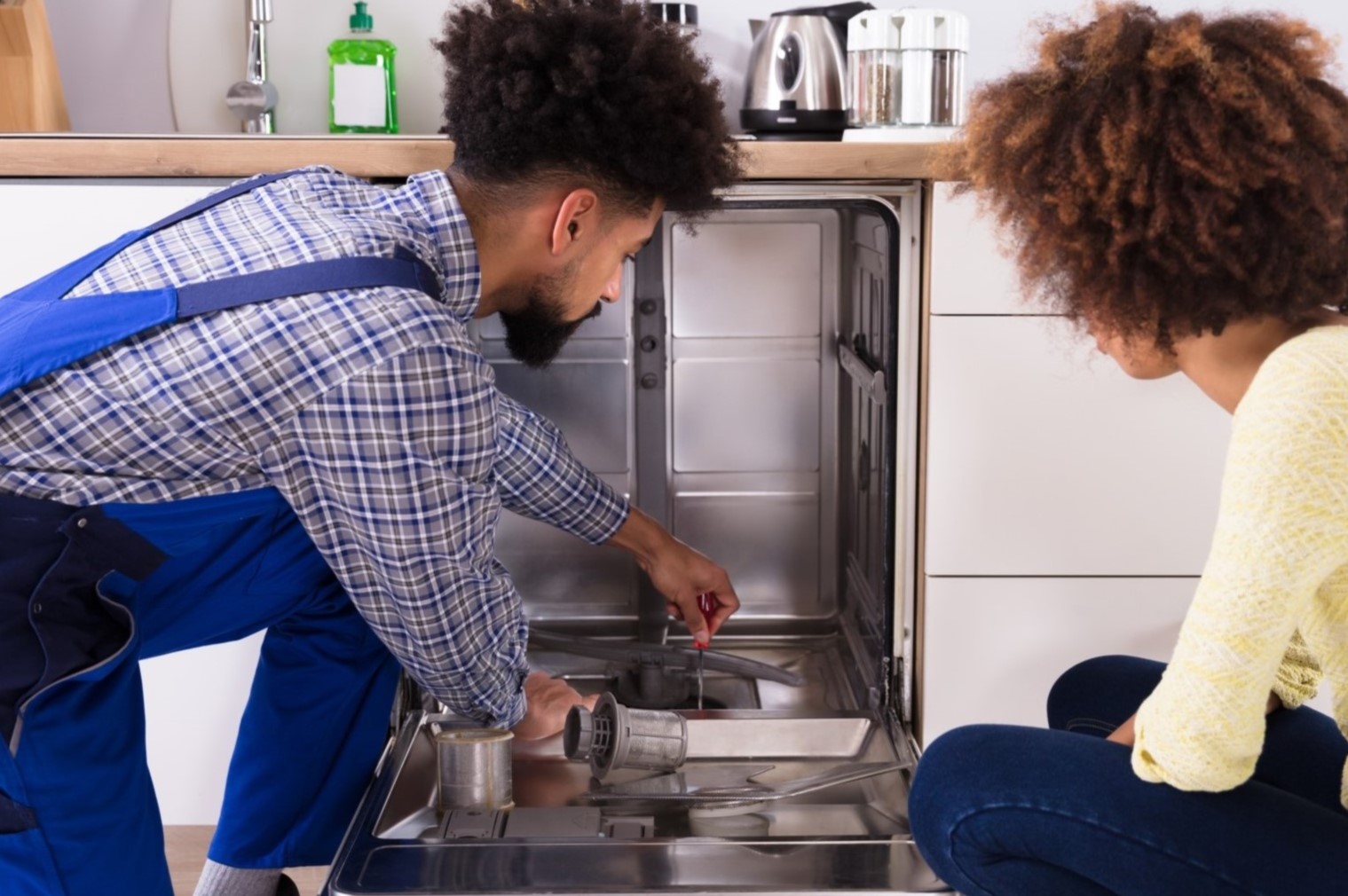
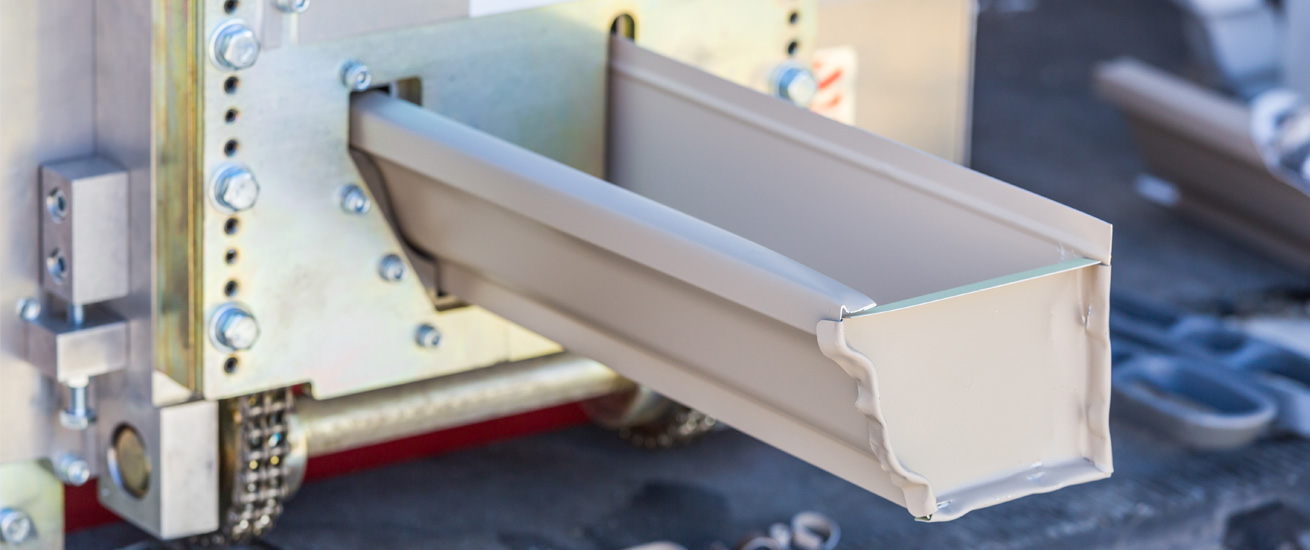
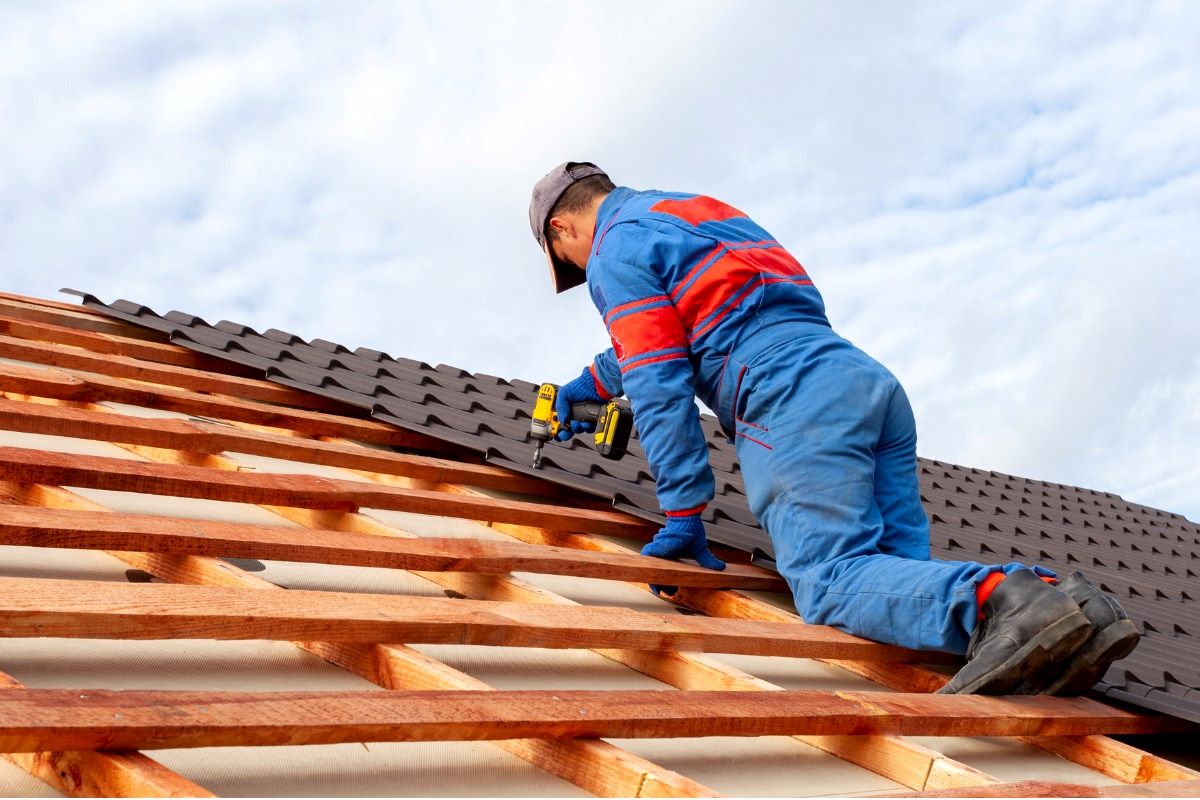
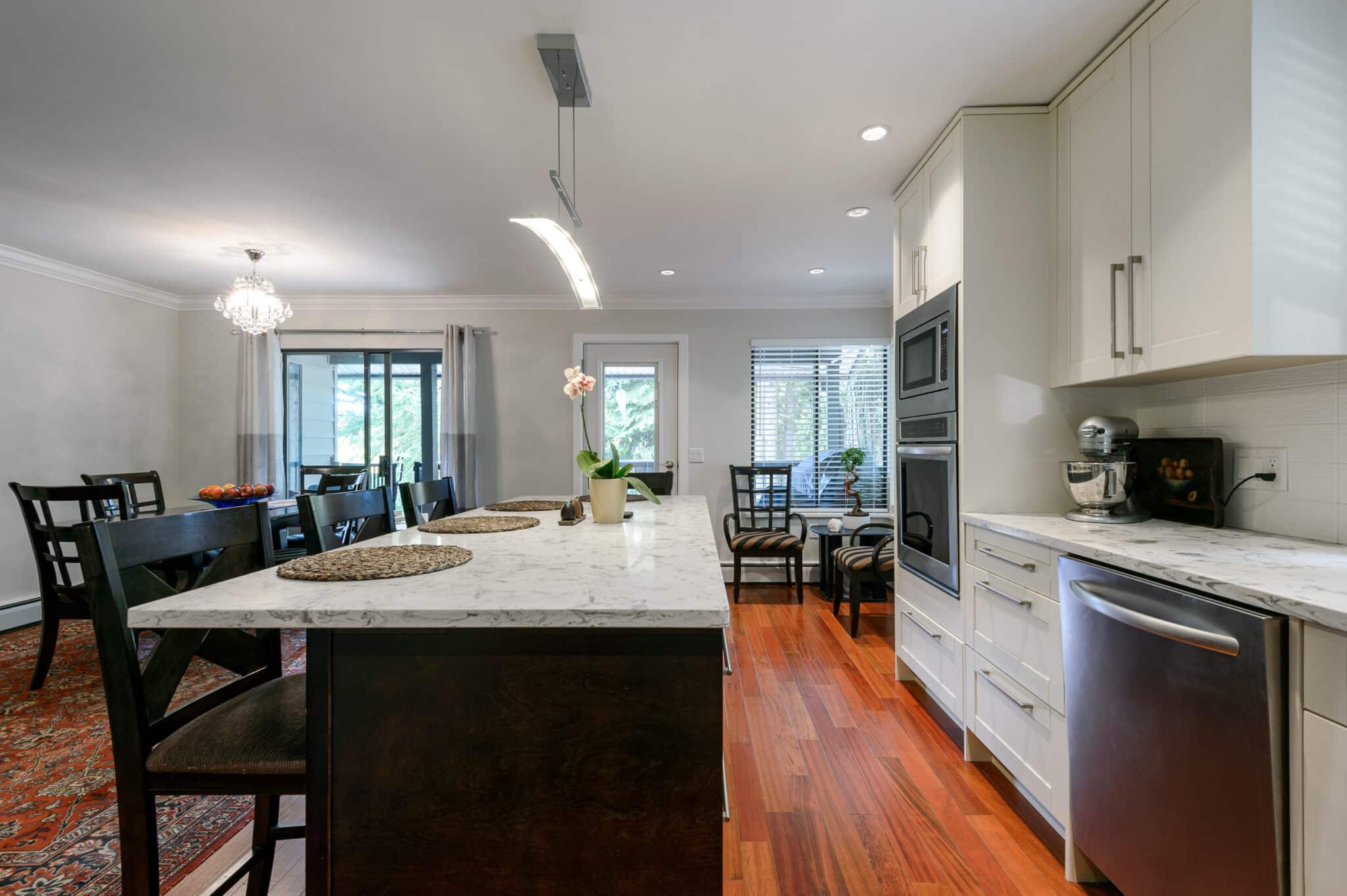
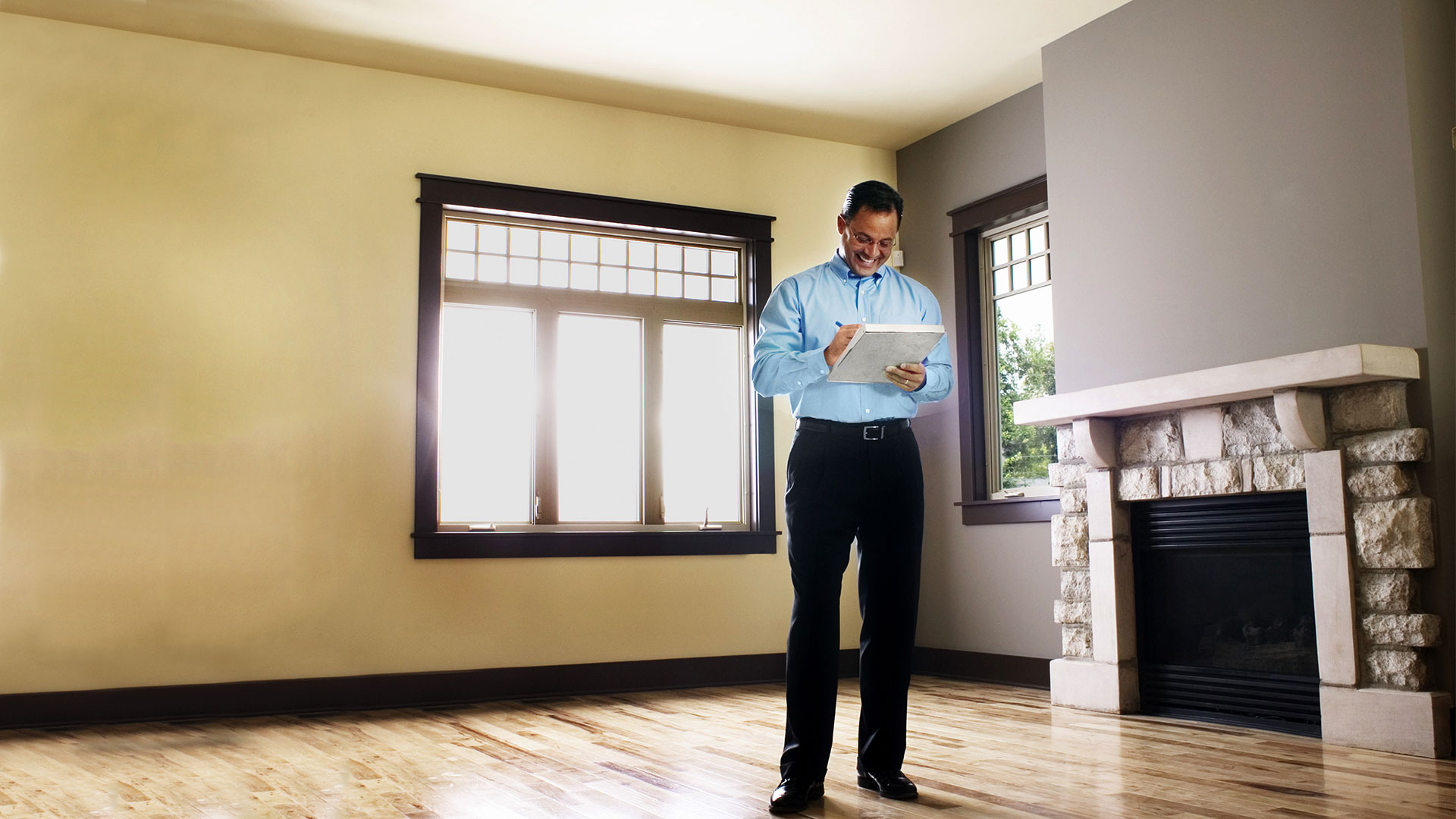
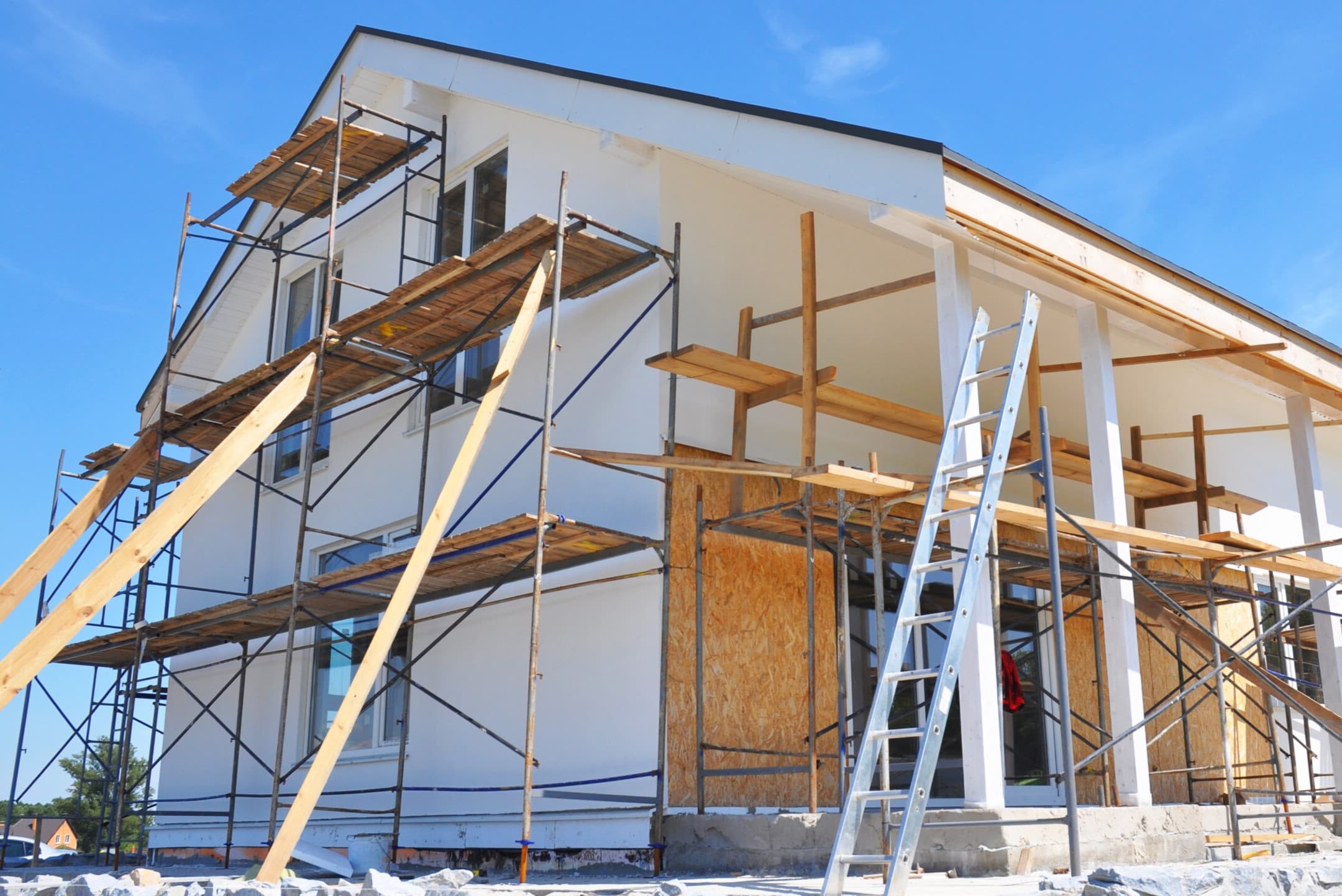

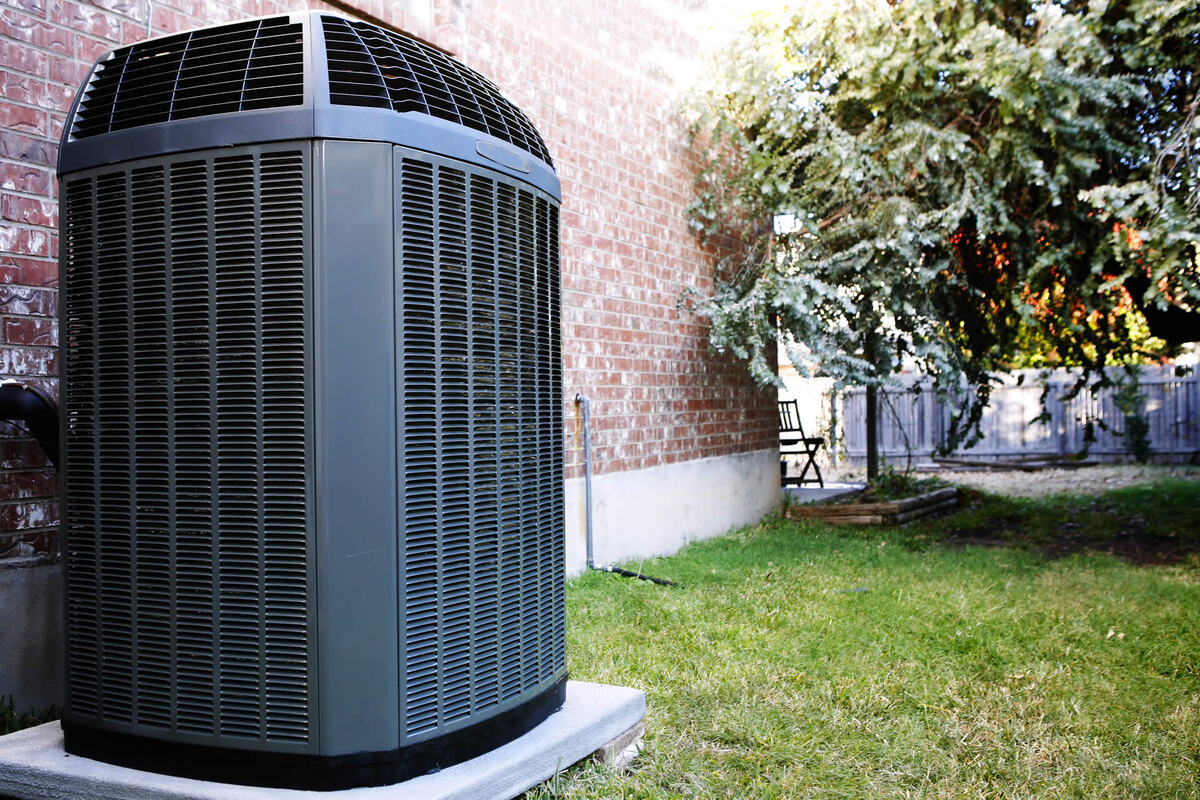
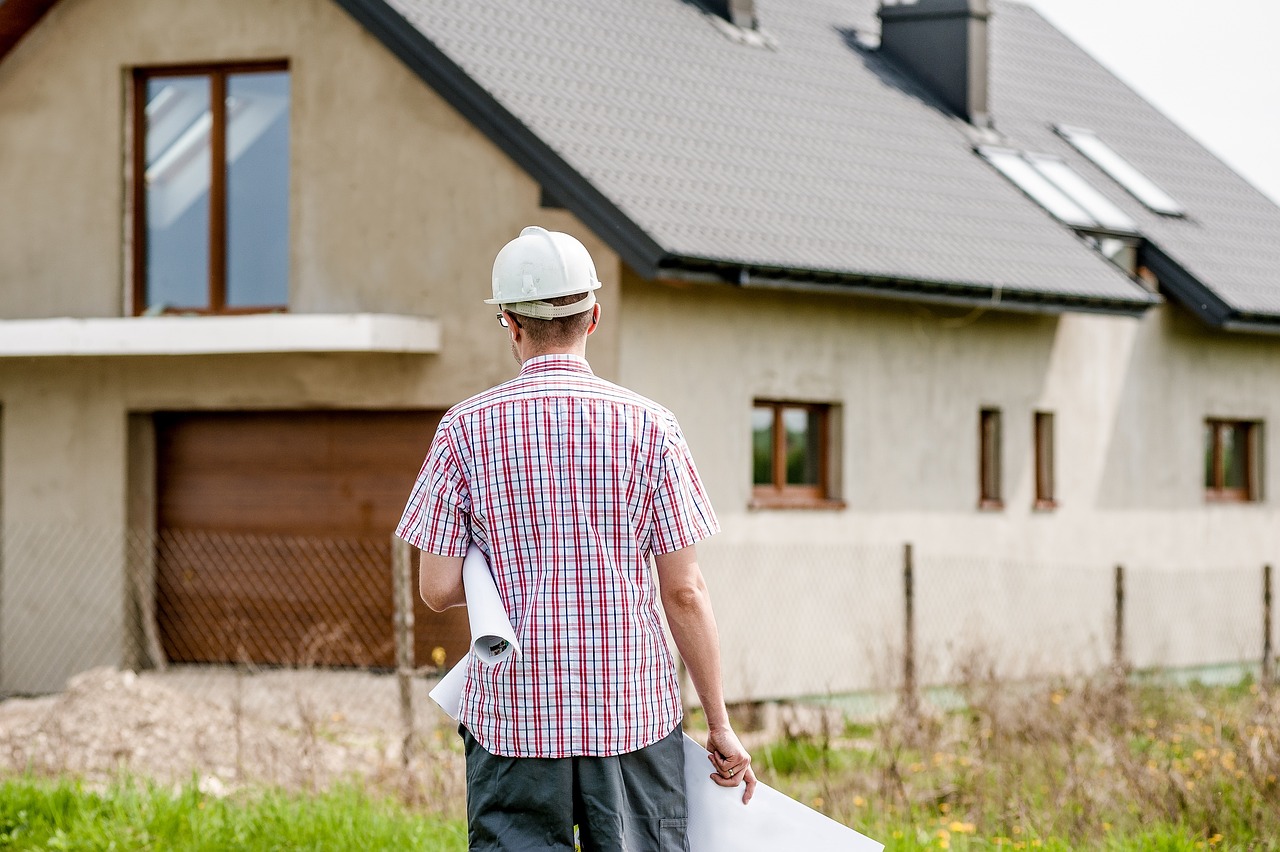
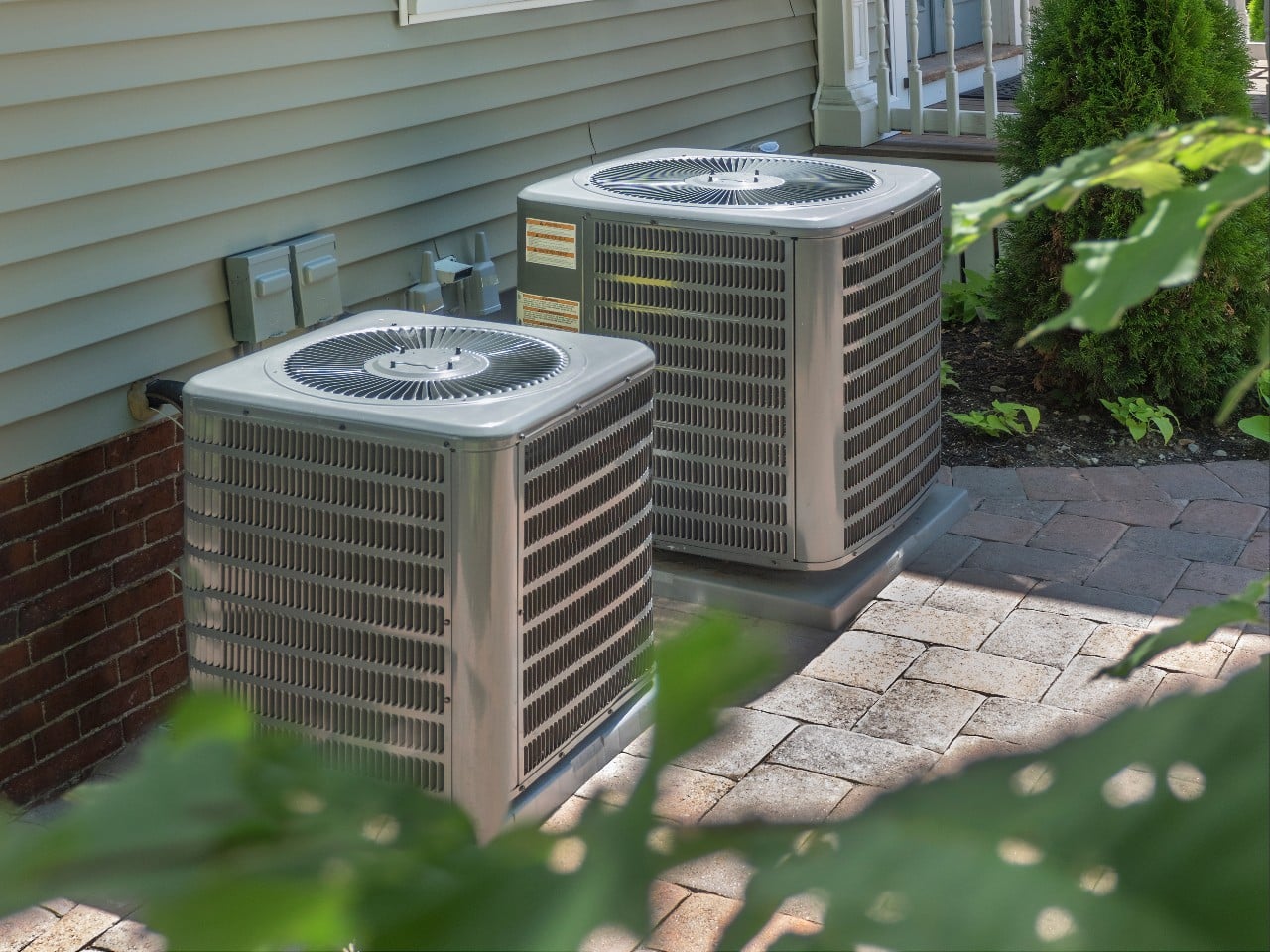

0 thoughts on “What Is The Average Cost Of A Home Inspection”